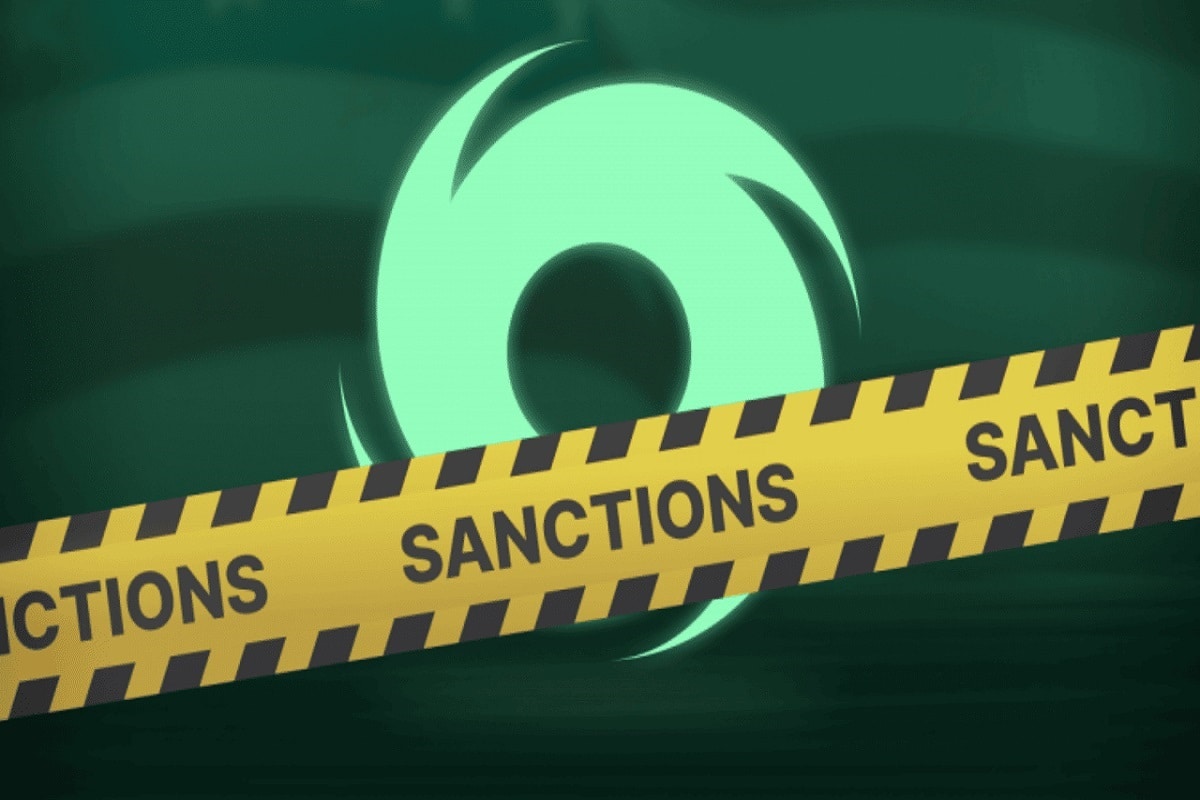Coinbase Chief Authorized Officer Paul Grewal has criticized the U.S. Division of Treasury for failing to adjust to a courtroom ruling associated to the sanctions positioned on Twister Money. His statements come after the Treasury indicated its intention to defy components of a Fifth Circuit Court docket resolution that challenged the legality of the sanctions.
US Treasury’s Response to the Court docket Ruling
The Fifth Circuit Court docket of Appeals lately dominated that the motion by the U.S. Treasury Division was illegal because it put Twister Money on the Specifically Designated Nationals (SDN) listing. The courtroom famous that Twister Money’s good contract was non-erasable, so it didn’t represent “property” beneath the Worldwide Emergency Financial Powers Act (IEEPA).
Nonetheless, the Treasury has expressed willingness to not abide to the order of the courtroom totally, however reasonably needs to recommend for remand for the proceedings.
In a sequence of tweets, Paul Grewal criticized the Treasury by stating that he was upset by its resolution. He said that although the courtroom has dismissed the association by way of which the Treasury listed Twister Money, that the Treasury continues to be seeking to partially delist the entity.
“They are saying belief us,” Grewal mentioned, referring to the Treasury’s assurance that it’s going to abide by the ruling on the grounds that doing so could compromise nationwide safety. Grewal said that the Treasury exceeds its authority erasing the Congress route thus reviving the issues that led to a courtroom case within the first place.
Court docket Resolution on Twister Money
The Fifth Circuit got here to the choice in December 2024 to resolve whether or not Twister Money’s good contracts are properties which can be prohibited from U.S. sanctions. The courtroom additional held that immutable good contracts couldn’t be thought of as property beneath IEEPA.
It separated them from changeable good contracts which could possibly be managed and employed for illegal functions. Thus, the courtroom didn’t query the Treasury’s capability to sanction Twister Money as an entity however addressed its therapy of the good contracts solely.
The ruling was seen as a big blow to the Treasury’s case. Nonetheless, the courtroom didn’t present a broad ruling on the legality of the Treasury’s resolution to sanction Twister Money as an entire. As an alternative, it said that these immutable contracts didn’t meet the definition of property beneath IEEPA and couldn’t be blocked as a part of the sanctions course of.
Treasury’s Proposed Motion Shifting Ahead
Regardless of the courtroom ruling, the U.S. Treasury is continuing cautiously. The company has said that it plans to remand the problem to the Division of the Treasury and the Workplace of International Belongings Management (OFAC) for additional assessment. The Treasury has additionally indicated that it’s going to start the method of eradicating Twister Money from the SDN listing, though no particular timeline has been offered.
Grewal has voiced considerations in regards to the Treasury’s proposed method. He famous that reasonably than totally adjust to the courtroom’s resolution, the Treasury seemed to be on the lookout for methods to keep up sanctions on Twister Money. This, in accordance with Grewal, is a continuation of the identical actions that led to the authorized problem within the first place.
Nonetheless, the plaintiffs within the case, together with Coinbase, plan to file a reply to make clear their place and make sure the Treasury complies with the courtroom’s resolution.
Disclaimer: The introduced content material could embrace the non-public opinion of the writer and is topic to market situation. Do your market analysis earlier than investing in cryptocurrencies. The writer or the publication doesn’t maintain any accountability on your private monetary loss.


✓ Share: